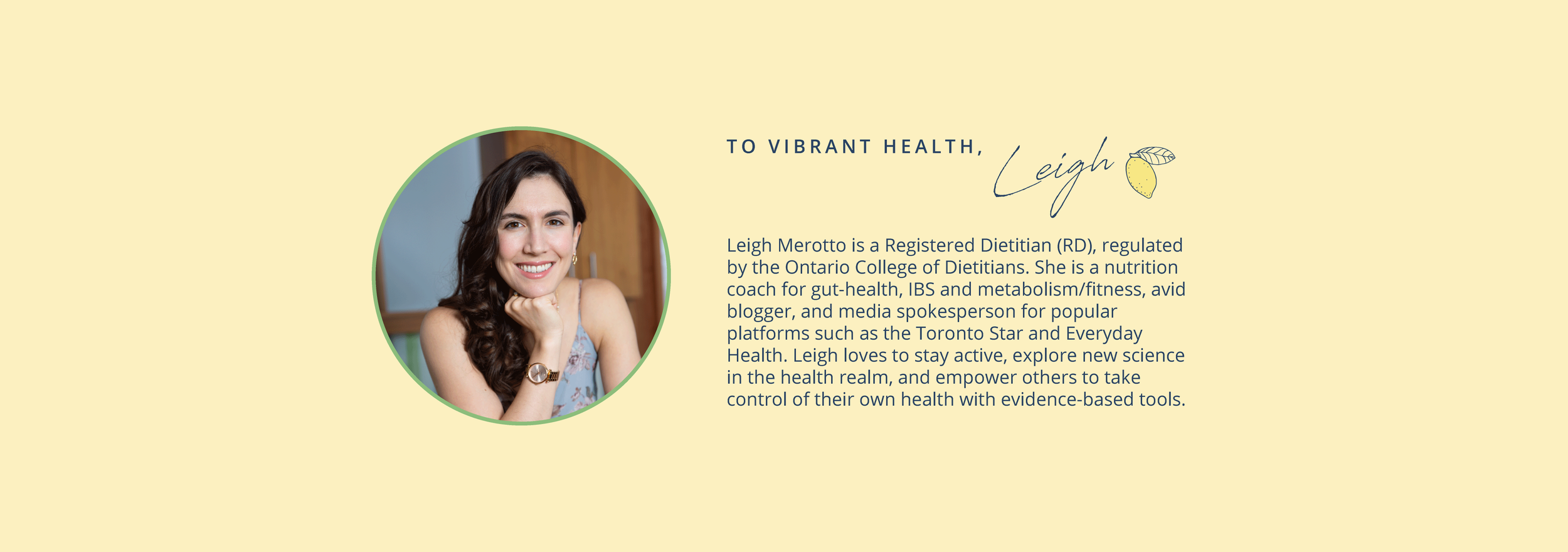Vitamin D: A Powerful Nutrient and What You Need to Know
Happy World Vitamin D Day!
Vitamin D levels drop quickly as the sun becomes weaker in the fall, and so World Vitamin D Day is celebrated on November 2nd.
We are learning more and more about the function of this important nutrient, and it is becoming more common place in the recent years for Canadians to supplement in the winter to ensure they are getting enough.
Did you many Canadians enter the winer with low blood Vitamin D levels? While OHIP doesn’t cover standard testing for Vitamin D, if you are at risk of low levels you might want to consider requesting your healthcare practitioner check your levels in routine bloodwork, or consider an at-home home blood test.
Those at risk include: low sun exposure (ie. those working in offices, or at home), low diet intake, reduced absorption (due to genetic factors or conditions. We also need magnesium and Vitamin K (amongst some other cofactors) to ensure the Vitamin D we take in is getting used properly.
So why should you care about Vitamin D?
Functions of Vitamin D
CALCIUM ABSORPTION
Calcium is needed to make sure our bodies use calcium and absorb it properly. Vitamin D is responsible for helping our body properly absorb the calcium we consume!
STRONG BONES & TEETH
We need Vitamin D to help ensure the calcium we are taking in actually makes it into our bones, and keeps them hard.
HEALTHY HAIR & SKIN
Vitamin D plays stimulates new and old hair follicles, as well as new skin cell growth, & repair (which can have some anti-aging effects!).
IMMUNE FUNCTION
Vitamin D supports the immune system, and it is thought that adequate levels of Vitamin D in the blood can support lowered risk against a host of diseases (including diabetes, MS, certain cancers, and more).
MOOD & BRAIN HEALTH
Vitamin D plays a large role in brain health, and may help lower risk & severity of depression.
P.S. Want to discover how to boost your mental health and wellness with key foods & nutrient needs like Vitamin D3?
Join my ‘Nutrition for Mental Health & Wellness’ Webinar - 1-hour training, plus a mental health meal plan and comprehensive guides so you know exactly what to do to support your brain health!
INSULIN SENSITIVITY
Vitamin D plays a role in regulating insulin levels, and supporting regular blood sugars.
Sources of Vitamin D
Are you wondering if you are getting enough? We get Vitamin D from a mix of food, sunlight & supplements.
There are some sources of Vitamin D we can get from diet, though many of them we do not commonly consume.
TOP FOOD SOURCES INCLUDE:
fatty fish, such as salmon, mackerel, and tuna
egg yolks
cheese
beef liver
mushrooms
fortified milk
fortified cereals and juices
Closing Thoughts
If you aren’t sure if you are getting enough, you may consider having a test done to check your levels and/or speaking with a Registered Dietitian who can conduct a careful dietary history to help you see if you may be lacking.
To figure out a plan to keep your Vitamin D levels optimal this winter, consider speaking with a healthcare practitioner knowledgeable about this nutrient!
For more health, gut-brain and wellness tips, be sure to follow along with me on instagram at leighmerotto_rd.






